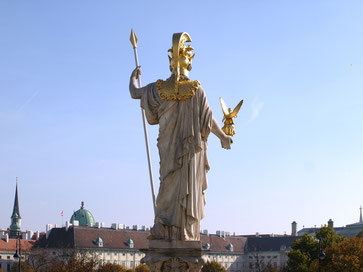
CETA is resolved, finally. Representatives of Canada and the European Union signed a treaty that has been negotiated for five years and has been finalized in late 2014, yesterday. Wallonia gave up its initial resentment in order for Belgium to agree to the part of trade of CETA. However, some resentments are stille there and they are louder than ever. But what is it exactly that the opposition of CETA is concerned about?
What is CETA?
In essence, the <Comprehensive Economic and Trade Agreement> (CETA) is a deal about free trade regulations between Canada and the European Union. It has been negotiated for some time (2009 to 2014 to be exact). Mostly behind closed doors. Now, during the process of ratification, major concerns have been formulated. Especially regulations that could effect the social standards and the measures for the investment protection.
Initial protest!
A single region within the European Union blocked the signing initially. Wallonia, one of the three regions of Belgium refused to vote in favor of the agreement in the first place. The small region of 3,6 Million citizens acted like the small Gallic village in one of those Asterix stories. But after giving its green light, the agreement has been signed.
Democracy put to the test?

In education, we often talk about democratic principles and how to defend them while not taking them for granted. A free trade deal like CETA brings some major challenges to any democracy. One, there is the investment protection. It enables the opportunity for corporations to sue entire countries for introducing measures of legislation that harm their investments. Whenever an arbitrary body can overrule the respective supreme court, there is a sense of preference of corporations. In theory, that means that democratic regulations could be undermined.
Two, whenever negotiations take place behind closed doors and the information about the process is rare, that process does not meet democratic standards by definition. The level of transparency is just embarrassing. But to negotiate behind closed doors could be a necessity considering that there is a valid threat of inside trading.
Better to have an agreement!
What is the alternative to not having an agreement? The experience tells us that the free market is going to <regulate> trade antisocially. Typically, the free market is going to follow the money, Despite facing major democratic challenges, it is wiser to have a trade deal than not. In an ideal world, trade deals do not go hand in hand with democratic challenges and constitutional regulations are sufficient. The investment protection should not be an issue. But it is better to befriend the enemy than not knowing what you are going to get into. In other words, it is wiser to sign a deal that everyone is opposed to but defines foreseeable circumstances, than not having any regulation at all and be thrown into the cold water. Both, Canada and the European Union try to create a major trade zone that has the potential to become a global player in the world trade community. Which raises the question whether there is a political agenda to CETA that is more important …
